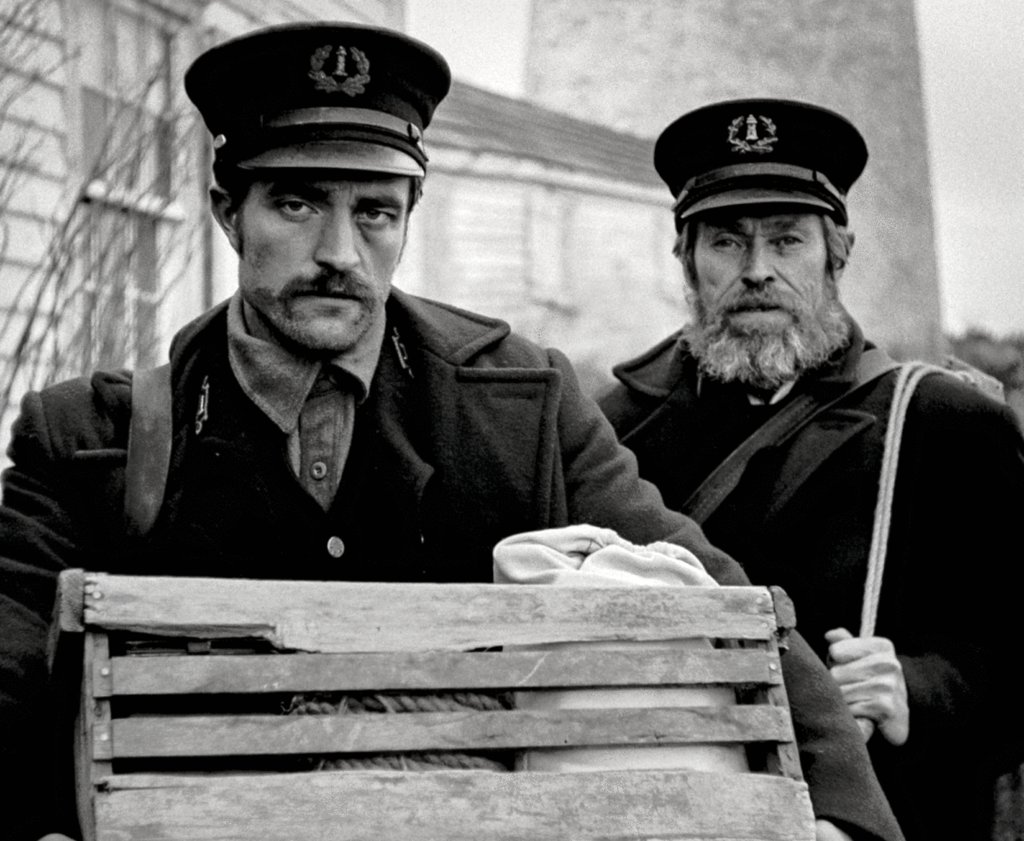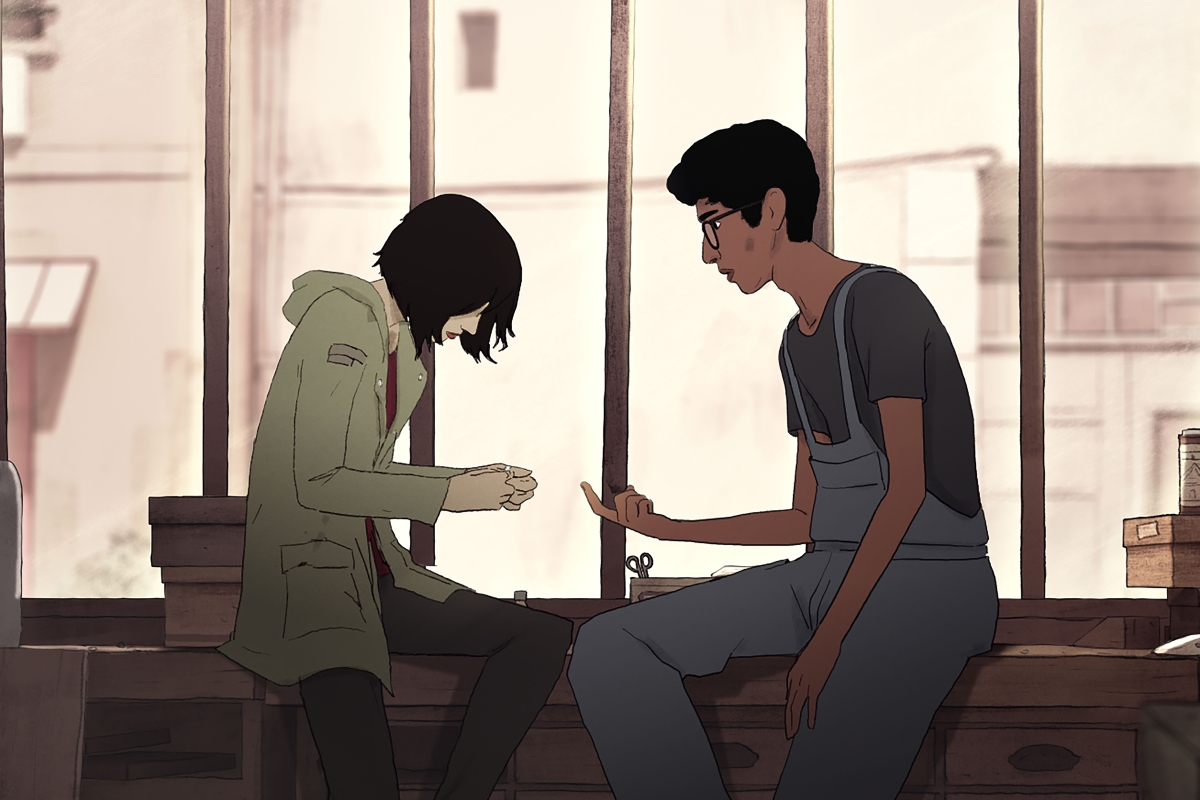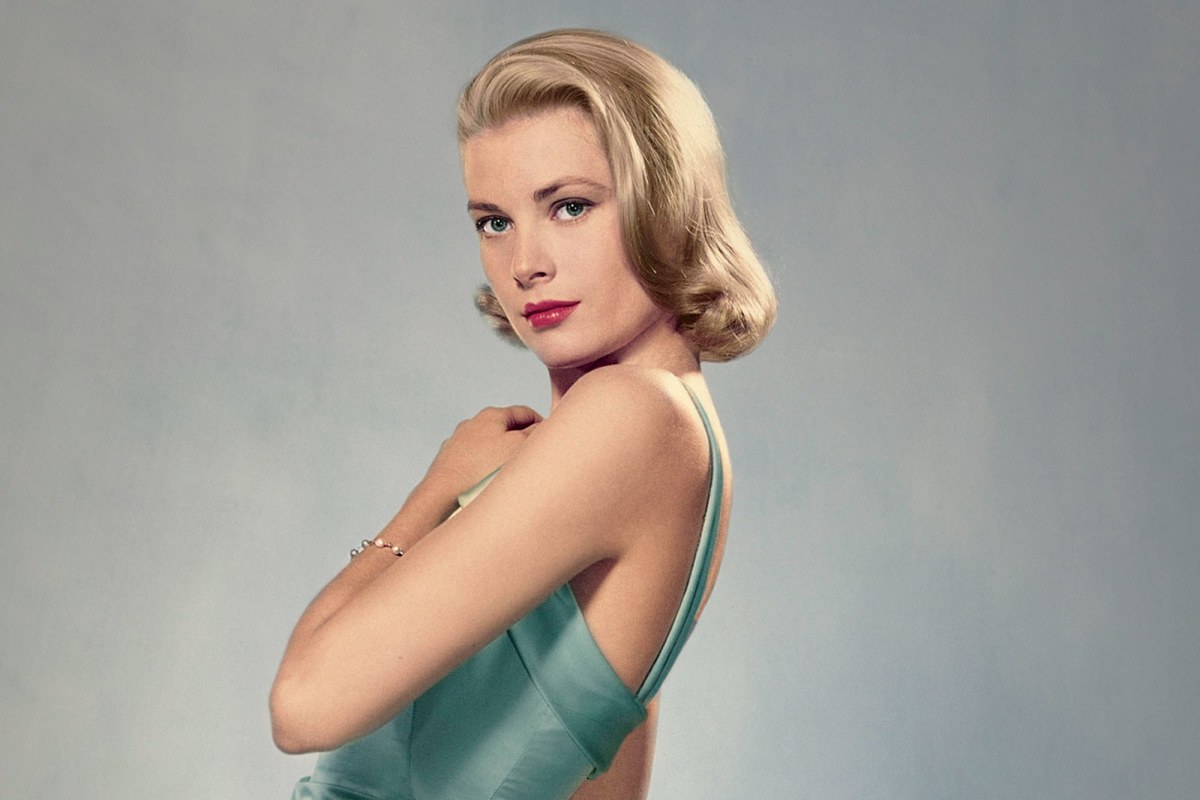Writer-director Robert Eggers’ ‘The Lighthouse’ is without a doubt the most perplexing of the 2020 film award contenders, and it’s not due to its black-and-white 1.19:1 aspect ratio too. A simple setup of two lighthouse keepers tasked to maintain a secluded lighthouse – eventually becoming marooned there by a thunderstorm – turns into one of this decade’s most disturbingly macabre viewing experience mixed in with some ghastly Lovecraftian imagery.
As someone who was unimpressed with Eggers’ critically-lauded debut, The Witch, I was pleasantly gripped by The Lighthouse’s sense of foreboding terror the moment the film began. The Witch’s first half was a plodding watch that hardly infused any sense of dread in me as characters go about their chores despite the initial threat being introduced. The Lighthouse, however, punctuates an unnerving air about its characters just from their daily routine alone with no horrific threats in sight yet. Their isolation from civilization already beckons them to a certain feeling of dread that firmly grips your attention too.
This feeling of slowly becoming more psychologically alienated from reality is captured perfectly by Robert Pattinson’s Winslow. The plunge into his mind’s ever-growing abyss – a mind that’s also constantly being perverted by the occasional subterfuge that the often-intoxicated Wake (buoyed by a career-best performance from veteran Willem Dafoe) masterfully employs – is stirring as it is strangely cathartic once it’s fully unraveled.
Combined with beautiful cinematography that brilliantly encapsulates a hauntingly rustic view of the 19th century, the film delivers on a horror fantasy that delights in its dastardly depiction of the murky fringes of our minds, and how unveiling one’s guilt-ridden secrets ultimately leaves destruction and sorrow in its wake.





